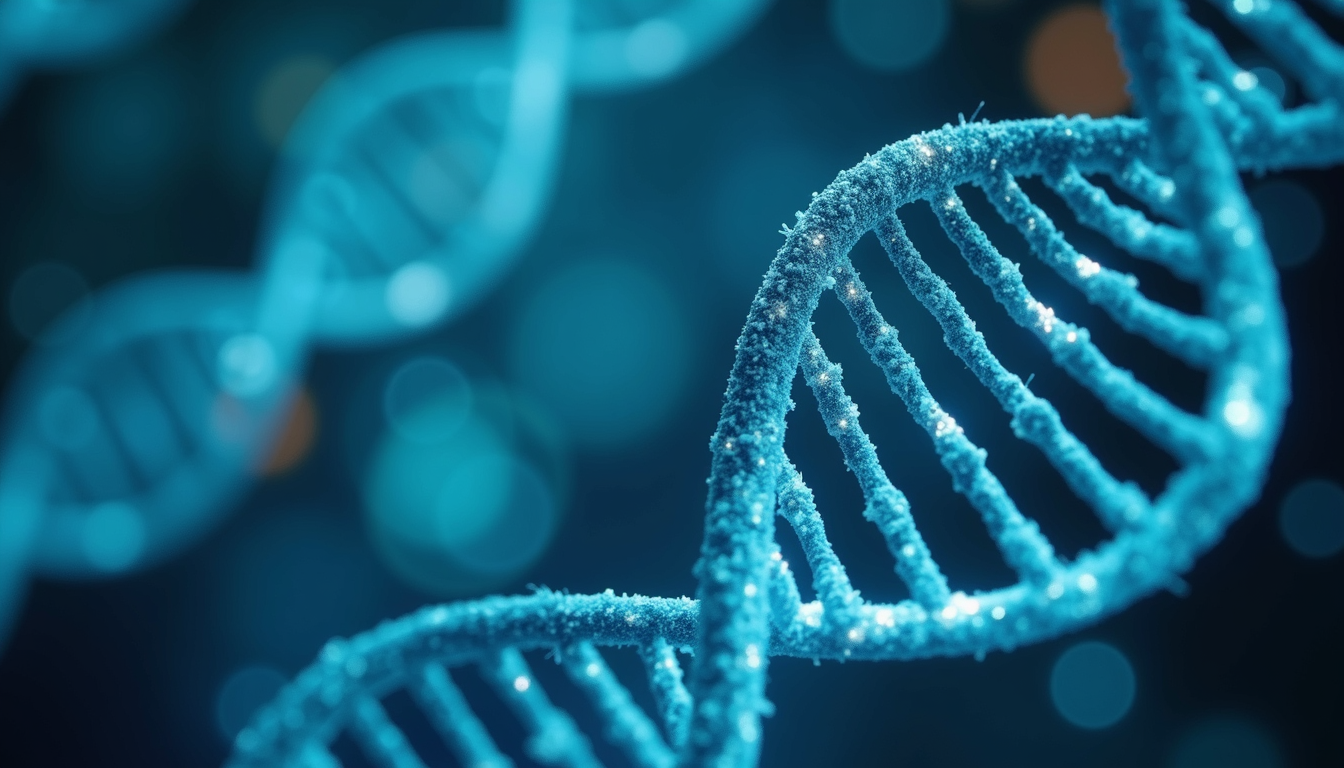In recent years, the field of epigenetics has opened up exciting possibilities for understanding how our experiences shape our biological make-up. It goes beyond just genes and highlights how environmental factors can influence gene expression. This research is particularly fascinating when it comes to inherited trauma—how the experiences of previous generations can affect not just us, but also our children and grandchildren. As scientists investigate these connections, we gain insights into how trauma influences our health, behaviors, and overall well-being.
Epigenetics provides a framework for understanding the enduring impact of life experiences. It reveals how certain modifications can affect gene expression without altering the DNA sequence itself. This perspective is vital for examining how trauma is inherited and processed over generations, sparking important conversations about mental health, resilience, and healing.
The Basics of Epigenetics
Epigenetics comes from the Greek prefix "epi-", which means "above" or "on top of." It refers to changes in gene expression rather than changes to the gene sequence. Factors such as environmental stress, nutrition, and lifestyle choices can influence these changes.
In cases of inherited trauma, certain epigenetic markers may switch on or off in response to traumatic events. This means that children can carry emotional and physical effects from their parents' experiences, even if they have never faced those traumas directly. For example, studies show that the children of 9/11 survivors have increased anxiety levels, highlighting a tangible link between parental trauma and offspring emotional states.
How Inherited Trauma Affects Future Generations
Research in epigenetics has uncovered compelling connections between ancestral trauma and health issues in descendants. Take the case of Holocaust survivors: studies reveal their children might experience higher rates of anxiety and depression. In fact, research indicates that about 20% of descendants of survivors show elevated levels of emotional distress compared to the general population.
The inheritance mechanism involves biological processes like DNA methylation and histone modification. These changes can influence how genes are either activated or suppressed, shaping responses to stress in ways that can manifest as anxiety, depressive symptoms, or even physical health issues like cardiovascular disease.
These epigenetic alterations don’t just vanish after one generation—they can persist and influence multiple generations. This knowledge invites deeper discussions about the relevance of tackling collective trauma, emphasizing the need for community support alongside individual mental health care.
The Mind-Body Connection
Understanding the intersection of epigenetics and psychological experiences also highlights the profound mind-body connection. Trauma can impact our physical health as much as our mental health, creating a cycle that may continue through generations.
Evidence suggests that early-life trauma can alter the body's stress response, affecting immune function and hormonal balance. For instance, studies have found that children who experience trauma are 2-3 times more likely to develop chronic diseases later in life. Such biological impacts can lead to behaviors that perpetuate trauma cycles, including substance abuse or chronic stress.
Exploring this connection could lead to promising pathways for healing. Therapeutic approaches that emphasize trauma processing, such as mindfulness and somatic experiencing, may help reset these harmful epigenetic markers, improving health outcomes for individuals and families.
Implications for Healing and Treatment
As we expand our understanding of epigenetics and inherited trauma, we also uncover new opportunities for treatment. Combining trauma-informed care with insights from epigenetics can enhance therapeutic strategies.
Current methods, including cognitive-behavioral therapy and integrative practices, enable individuals to confront and heal their trauma. Emerging concepts like “epigenetic therapy,” which encourages lifestyle changes to positively influence epigenetic markers, are also gaining traction. These changes, which might include improved nutrition, regular exercise, and stress management techniques, can significantly enhance overall well-being.
The potential for change is inspiring. If healing generational wounds can lead to altered epigenetic responses, we may break the cycles of trauma that affect entire families.
Ethical Considerations
Investigating epigenetics and inherited trauma raises important ethical questions. As we learn more about these connections, we must think carefully about genetic testing and mental health treatments and avoid stigmatizing individuals based on their ancestors' experiences.
Raising awareness about the impact of inherited trauma is essential. Mental health professionals and researchers need to approach these discussions with care, focusing on healing instead of assigning blame or shame.
Reflecting on the Connections
The links between epigenetics and inherited trauma provide profound insights into our shared human experiences. As we unravel these connections, it becomes increasingly clear that the effects of trauma extend beyond individuals, influencing families and entire communities.
Recognizing how epigenetics shapes inherited trauma opens the door to innovative therapeutic methods for affected individuals. Understanding this interconnectedness encourages holistic approaches to healing that consider the entire arc of a person’s experience—past, present, and future.
As we progress, the challenge is to utilize this knowledge to foster resilience and promote healing, helping individuals and communities break free from inherited trauma. In doing so, we can create a healthier legacy for future generations and reshape our societal views on health, trauma, and well-being.





